Facebook can be held liable for child sex trafficking, Texas court rules
The Texas Supreme Court has ruled that Facebook can be held liable for child sex traffickers that use its platform to recruit and prey on child victims, saying underage victims were exploited through the social media platform's message system.
The unprecedented ruling followed three lawsuits filed in Houston involving teenage victims who had met their traffickers through Facebook's messaging tools.
The plaintiffs said Facebook was negligent and did not to prevent sex trafficking on its platform. The lawsuits said that Facebook profited from the sexual exploitation of human trafficking victims.
"Holding internet platforms accountable for the words or actions of their users is one thing, and the federal precedent uniformly dictates that section 230 does not allow it," the court said., adding that, "Holding internet platforms accountable for their own misdeeds is quite another thing. This is particularly the case for human trafficking."
Facebook has argued that it is protected by Section 230 — part of an internet law that states online platforms are not liable for what people post on their services — and should therefore not be held responsible for what is posted.
But the Texas Supreme Court said Section 230 doesn't mean Facebook can operate as a "lawless no-man's-land."
The Texas court's ruling came amid a surge in online recruitment for sex trafficking victims, and wit a recent report from the Human Trafficking Institute finding that most online recruitment in active cases last year occurred on Facebook.
"The internet has become the dominant tool that traffickers use to recruit victims, and they often recruit them on a number of very common social networking websites," Human Trafficking Institute CEO Victor Boutros said earlier this month.
"Facebook overwhelmingly is used by traffickers to recruit victims in active sex trafficking cases."
US states have been able to protect residents from internet businesses that engage in human trafficking after US Congress revised Section 230 to include the possibility of civil responsibility for websites that violate state and federal human trafficking statutes.
Earlier this month, the non-profit Tech Transparency Project said several Facebook profiles and groups publicly market illegal border crossings between the US and Mexico, suggesting back then that the platform became a "one-stop shop" for human traffickers and Mexican drug cartels.
US Big Tech and particularly Section 230 were heavily criticized by Republicans during the Trump administration as they believed unjustly they allowed Democrats to exercise political domination on social media platforms.
Trump has recently called for ban on Facebook and Twitter for "not allowing free and open speech."
Iran FM ‘bemused’ by Lebanon counterpart’s rejection of Tehran visit
VIDEO | Iraq marks 8th anniversary of victory over Daesh terrorists
VIDEO | Press TV's news headlines
VIDEO | Germany under pressure over Afghans awaiting relocation in Pakistan
Berri warns US envoy Tom Barrack not to ‘threaten Lebanese'
Pezeshkian: Kazakhstan 'strategic partner'; Tokayev hails Iran's progress
VIDEO | Journey into world of plasma therapy
Machado resurfaces in Norway for dubious Nobel after fleeing Venezuela


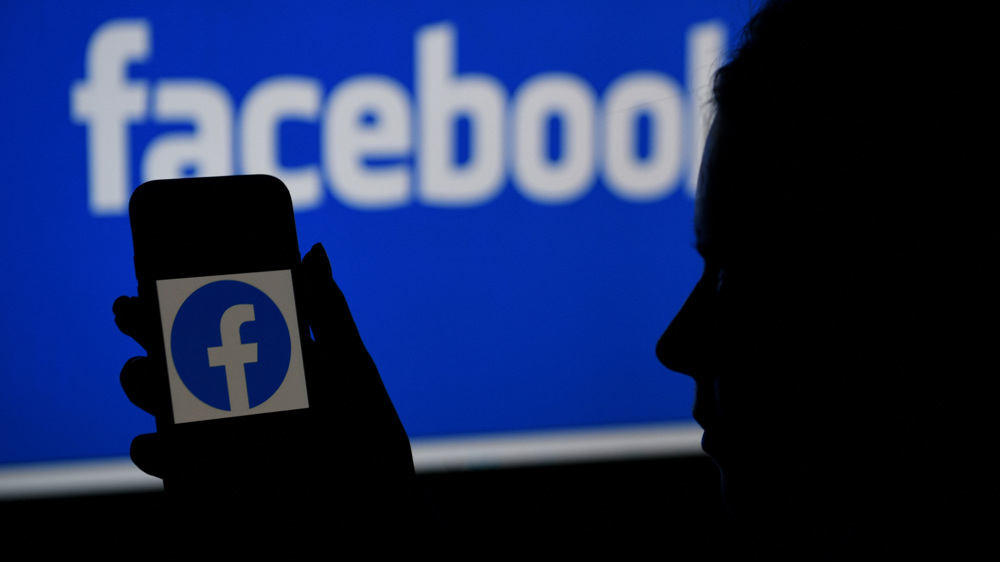
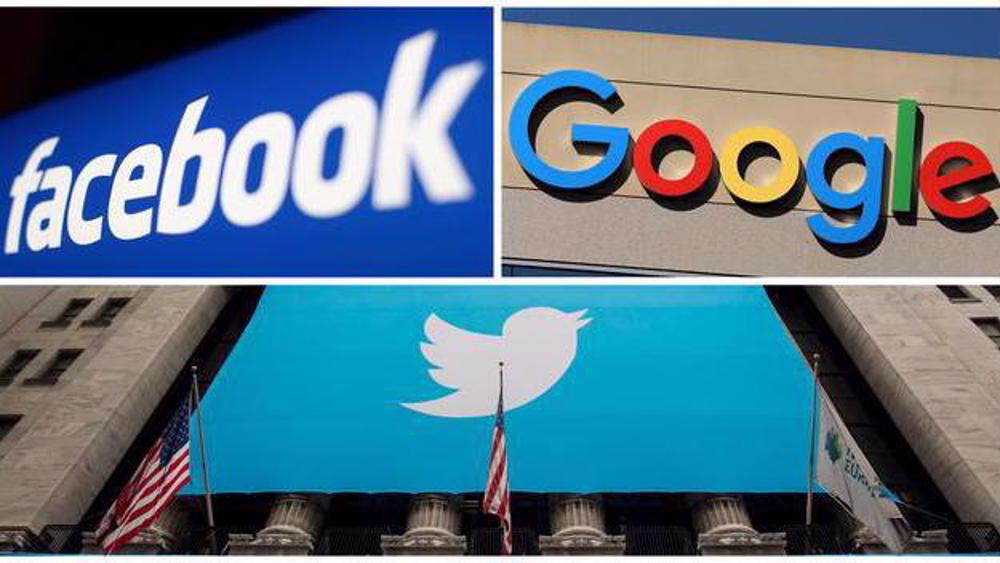
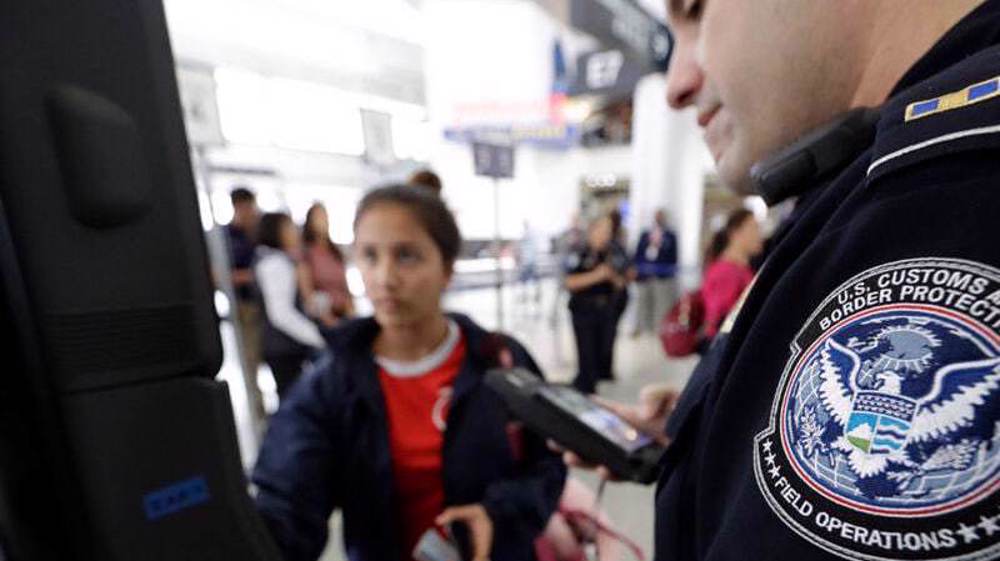
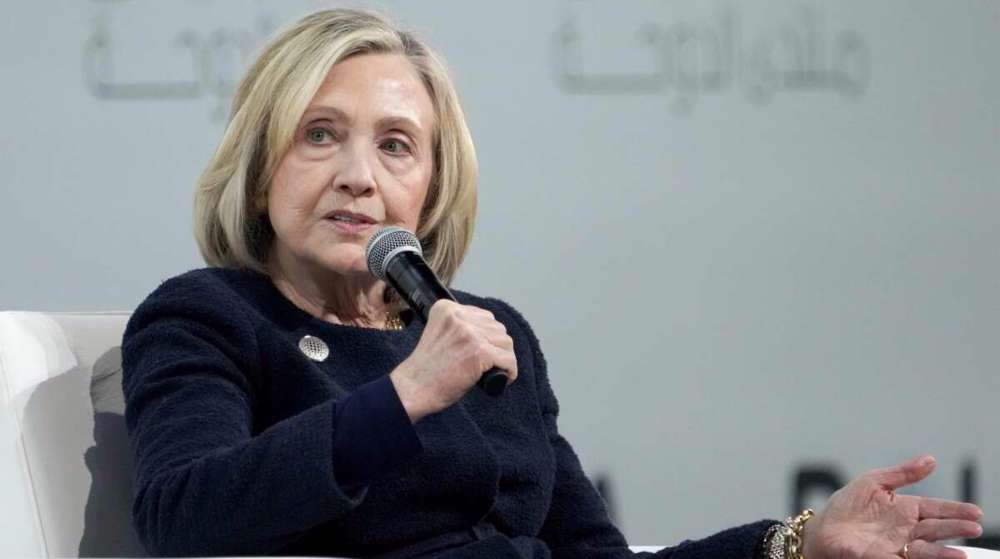
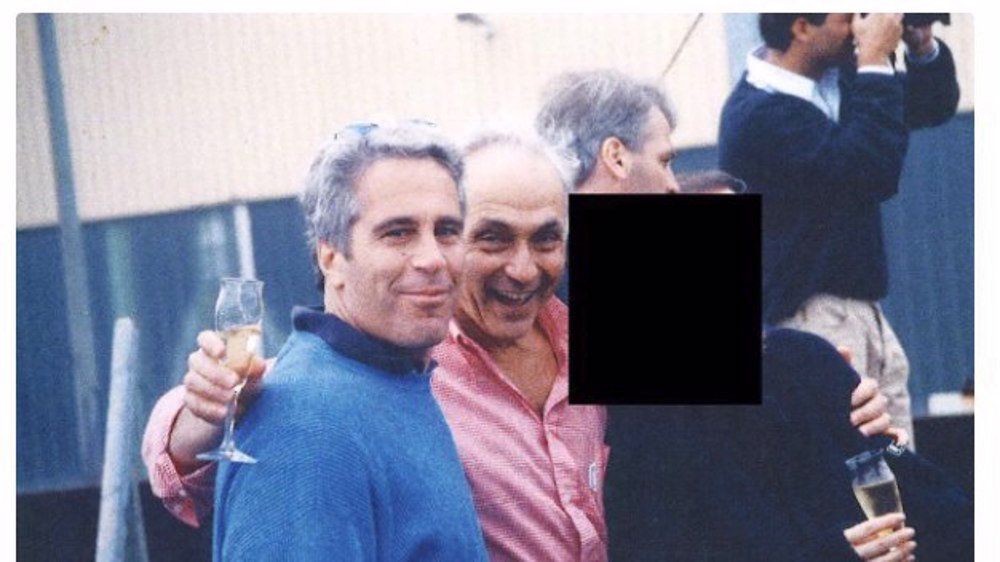




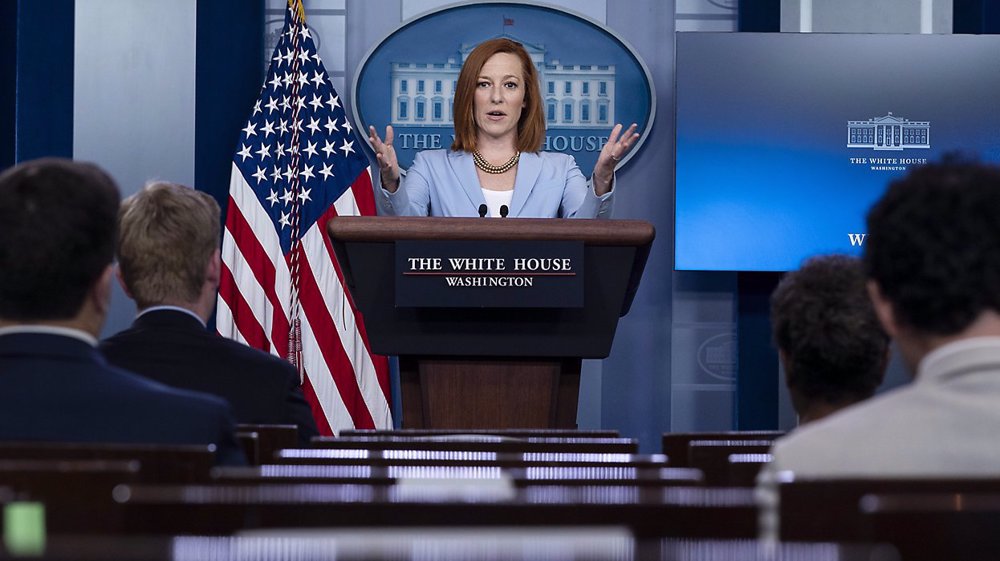
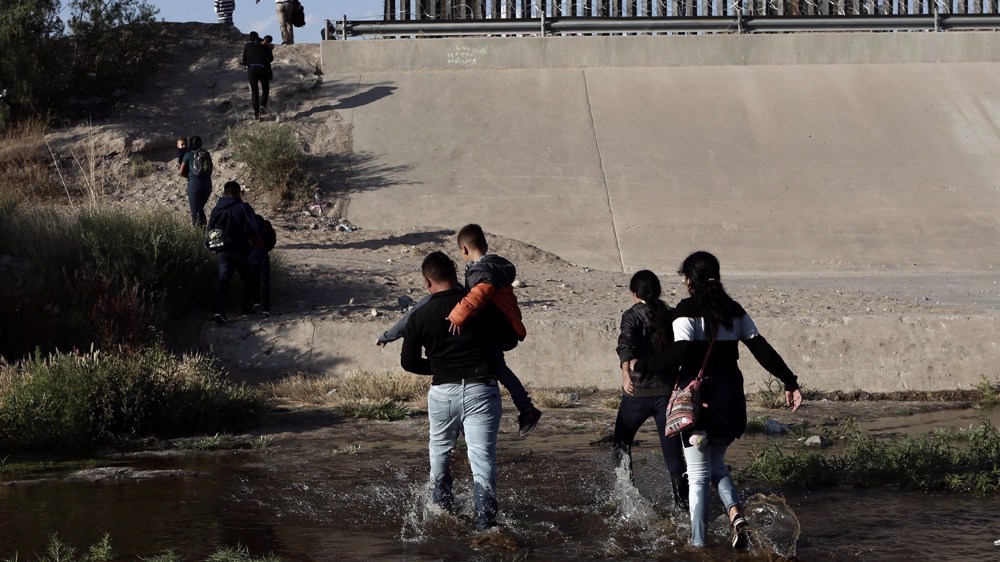
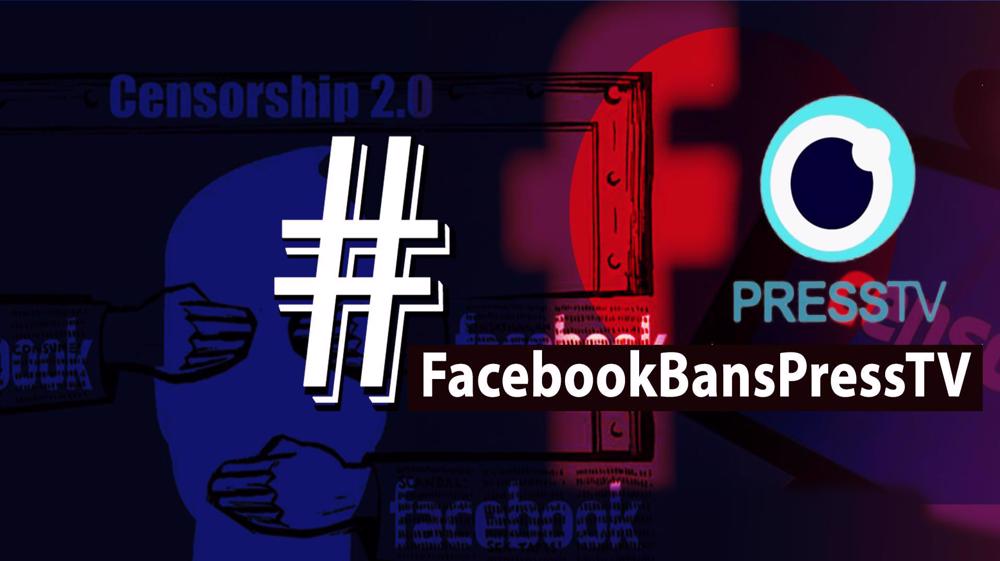
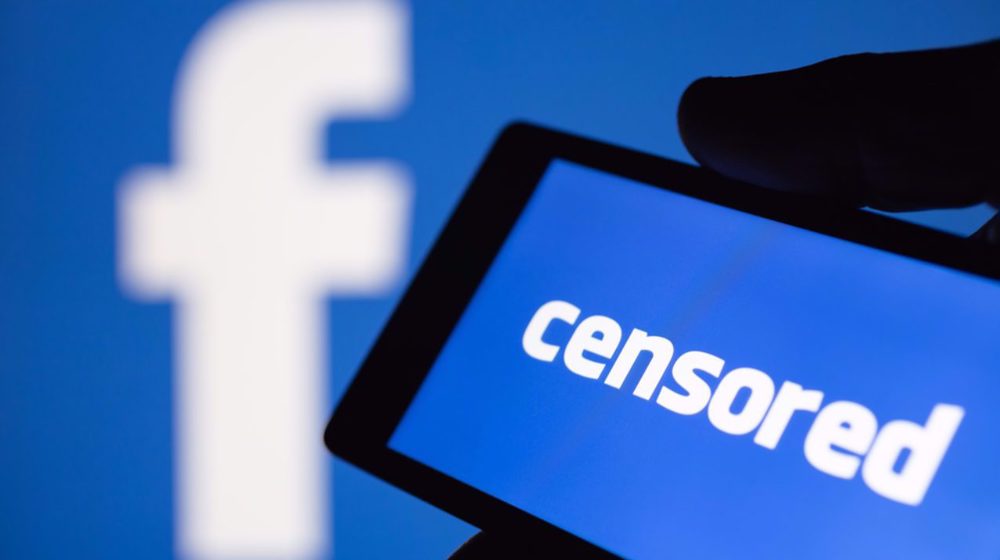

 This makes it easy to access the Press TV website
This makes it easy to access the Press TV website